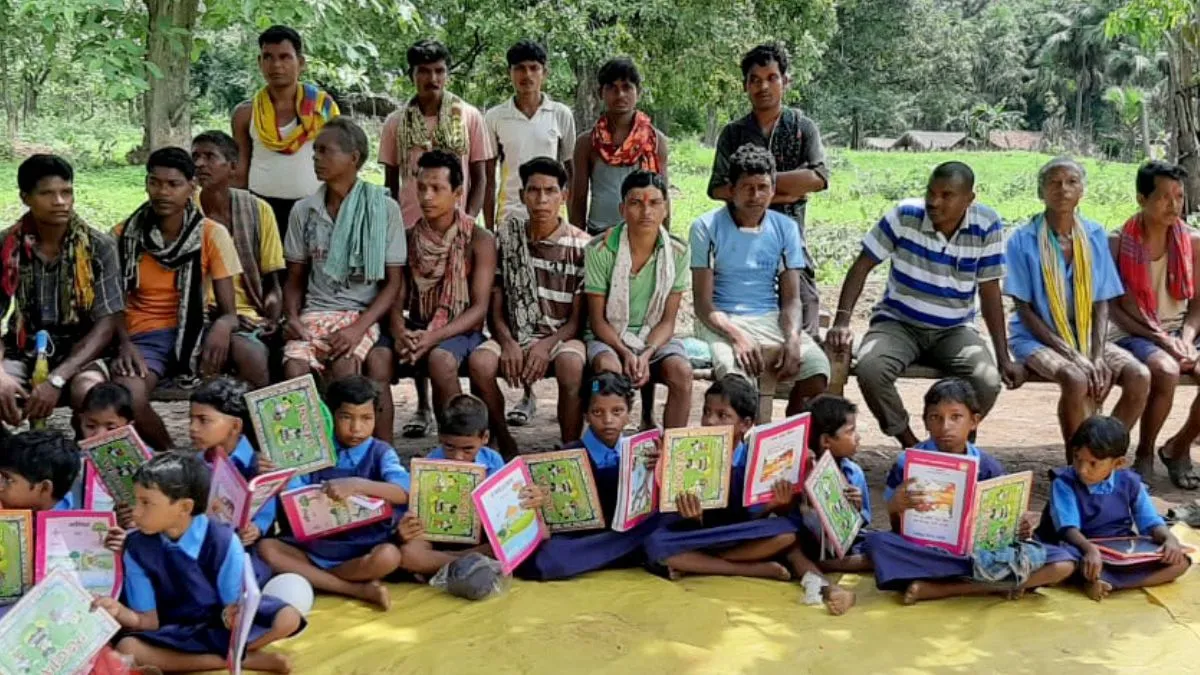- By Talibuddin Khan
- Fri, 30 Aug 2024 07:22 PM (IST)
- Source:JND
To strengthen higher education in Maoist-affected regions in Chhattisgarh, the BJP government in the state has launched a significant initiative to support students from economically disadvantaged backgrounds. Under the new initiative, announced by CM Vishnu Deo Sai on Thursday, the Chhattisgarh government will provide interest-free loans to students hailing from economically weaker families in Naxal-affected districts who are keen to pursue higher education in technical and vocational courses.
The interest-free loans will be provided under the 'Chief Minister Higher Education Loan Interest Subsidy Scheme.' This initiative specifically targets students from districts heavily impacted by Maoist activity, including Bastar, Bijapur, Dantewada, Jashpur, Kanker, Korea, Narayanpur, Rajnandgaon, Surguja, Dhamtari, Mahasamund, Gariaband, Balod, Sukma, Kondagaon and Balrampur.
Covering a wide array of 35 technical and professional courses at diploma, undergraduate and postgraduate levels, the scheme will offer loans of up to Rs 4 lakh with zero interest. In addition to the interest-free loans, district collectors have been instructed to provide loans at a reduced interest rate of just 1% for students from economically weaker sections.
To avail of the benefits of the scheme, a student should be a native of Chhattisgarh with an annual family income of not more than Rs 2 lakh. The student should be enrolled in a course established in Chhattisgarh and recognized by a competent authority (such as AICTE or UGC). Also, students must maintain regular loan repayments to benefit from the interest subsidy.
However, if a student's education is interrupted due to medical reasons, their eligibility for the scheme will be extended by one year. Conversely, students who drop out or are expelled will not qualify for the loan benefits. The Technical Education Department has been made the nodal agency for operating the scheme which comprises loan facilities for 35 technical and other vocations courses at diploma, graduate and post-graduate levels.

